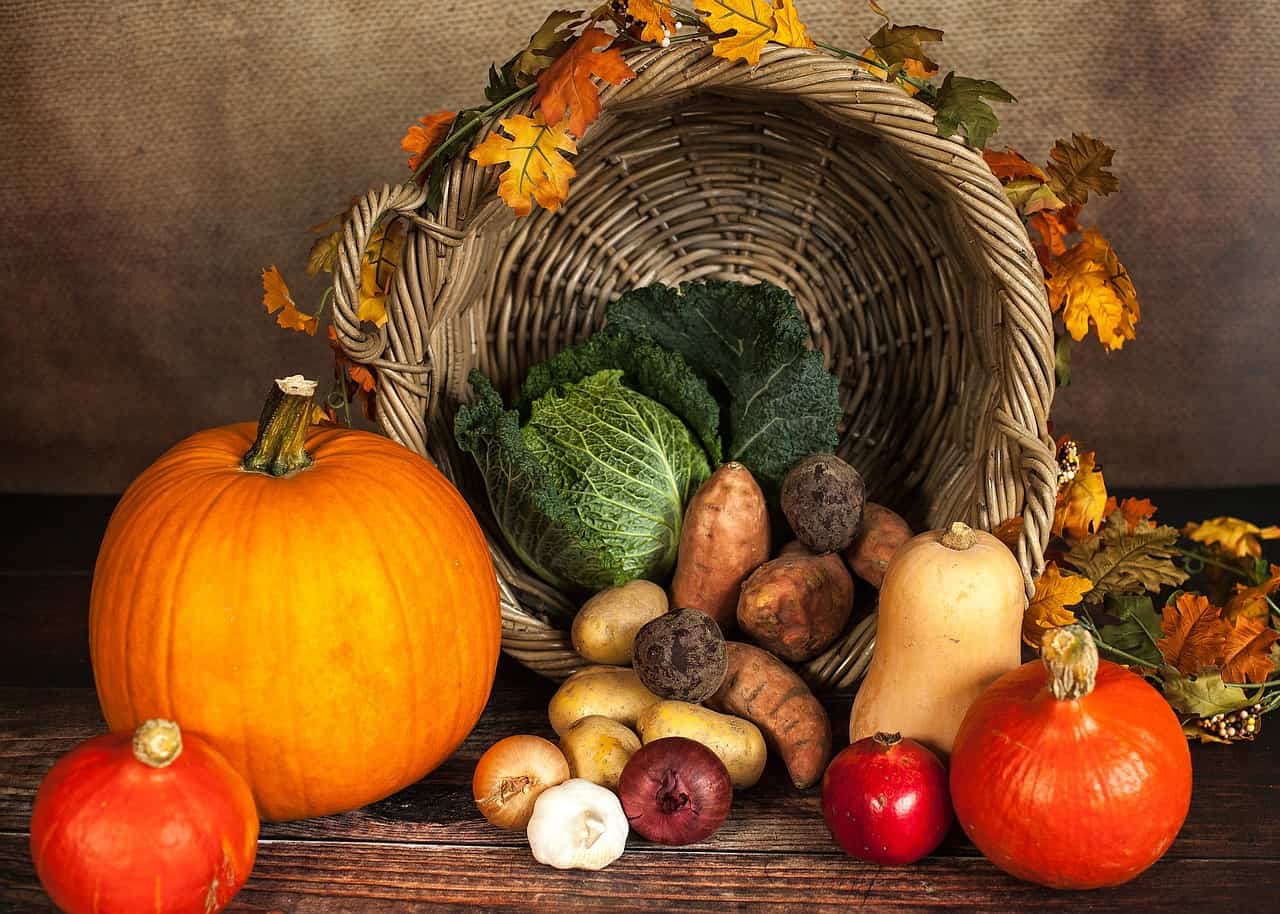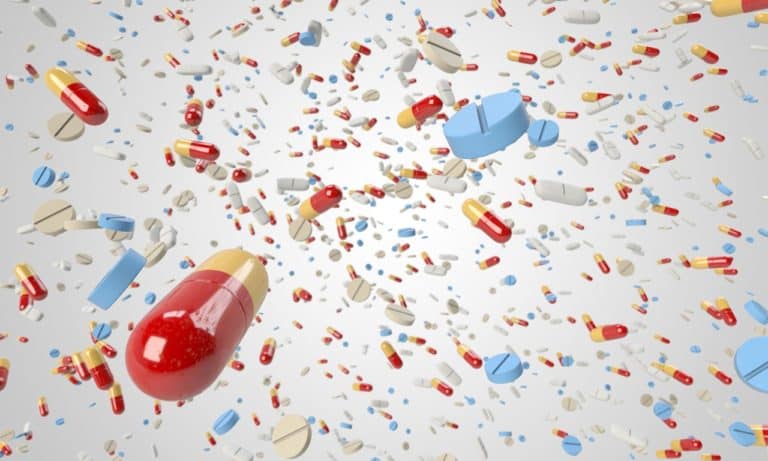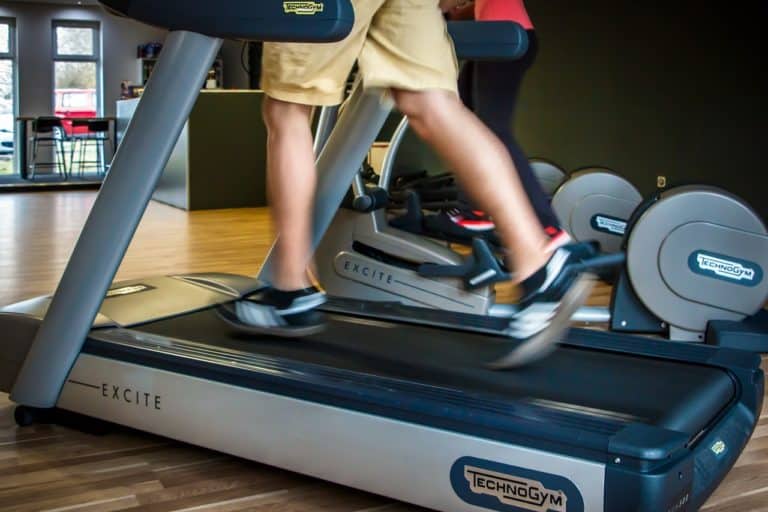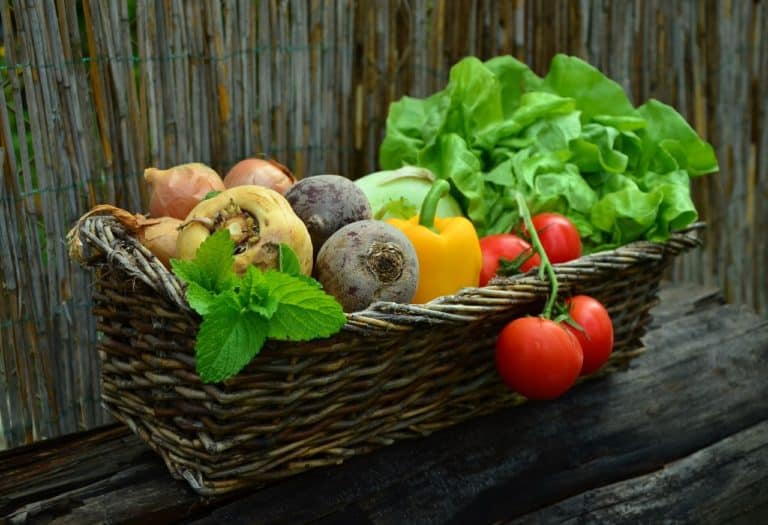Lower urinary tract symptoms (LUTS) are a significant problem for many men, especially in late middle age and beyond. Now a new study finds that dietary vitamin A and certain carotenoids may reduce lower urinary tract symptoms naturally by 40 to 50 percent.
Urinary tract symptoms in men, such as urinary urgency, frequent urination at night, and urinary incontinence, are typically associated with the prostate. These symptoms may be related to a prostate condition such as prostatitis, benign prostatic hyperplasia (BPH), or prostate cancer, and/or treatments for any of these medical problems, which may include medications, noninvasive medical procedures, and surgery (e.g., prostatectomy).
In the new study, researchers from Harvard and Northwestern University noted there is evidence to support “recommendations for increased fruit and vegetable consumption, particularly those rich in carotenoids . . . as these may have benefits that extend to moderate-to-severe LUTS in men.”
The researchers came to this conclusion after analyzing the dietary habits and health records of 1,466 men aged 30 to 79. Men who consumed the greatest amounts of vitamin A or the carotenoids beta-carotene or lycopene experienced the most significant decline in the risk of lower urinary tract symptoms.
More specifically:
- Men who consumed the most vitamin A (10,926 International Units [IU] daily) were 47 percent less likely to have difficulty urinating when compared with men who consumed the least amount of vitamin A (4,717 IU)
- Men who consumed the greatest amount of lycopene (2.25 mg daily) were 39 percent less likely to have LUTS compared with men who had the lowest intake (0.28 mg daily)
- Men who consumed the highest amount of beta-carotene (4.78 mg daily) were 44 percent less likely to have difficulty urinating compared with those who had the lowest intake (0.7 mg daily)
- Men who want to help prevent LUTS or improve symptoms that occur should focus on increasing the amount of dietary vitamin A and/or beta-carotene (e.g., carrots, bell pepper, dark green leafy greens, winter squash, fortified cereals) and lycopene (e.g., tomatoes and tomato products, apricots, watermelon, papaya, grapefruit). The body converts beta-carotene to vitamin A as needed.
In addition, the researchers discovered that men who had high intake of vitamin C (more than 250 to 500 mg daily) or iron from their diet and/or supplements were more likely to have LUTS, while those who consumed lower amounts of vitamin C appeared to benefit.
This study’s findings indicate vitamin A, beta-carotene, and lycopene share characteristics that make them helpful in reducing a man’s risk of lower urinary tract symptoms. Further investigation is necessary to determine whether the beta-carotene and lycopene alone in dietary foods are responsible for the reduction in LUTS or if other nutrients in the carotenoid-rich foods are involved.
Reference
Maserejian NN et al. Dietary, but not supplemental, intakes of carotenoids and vitamin C are associated with decreased odds of lower urinary tract symptoms in men. Journal of Nutrition 2011 Feb; 141(2): 267-73.







